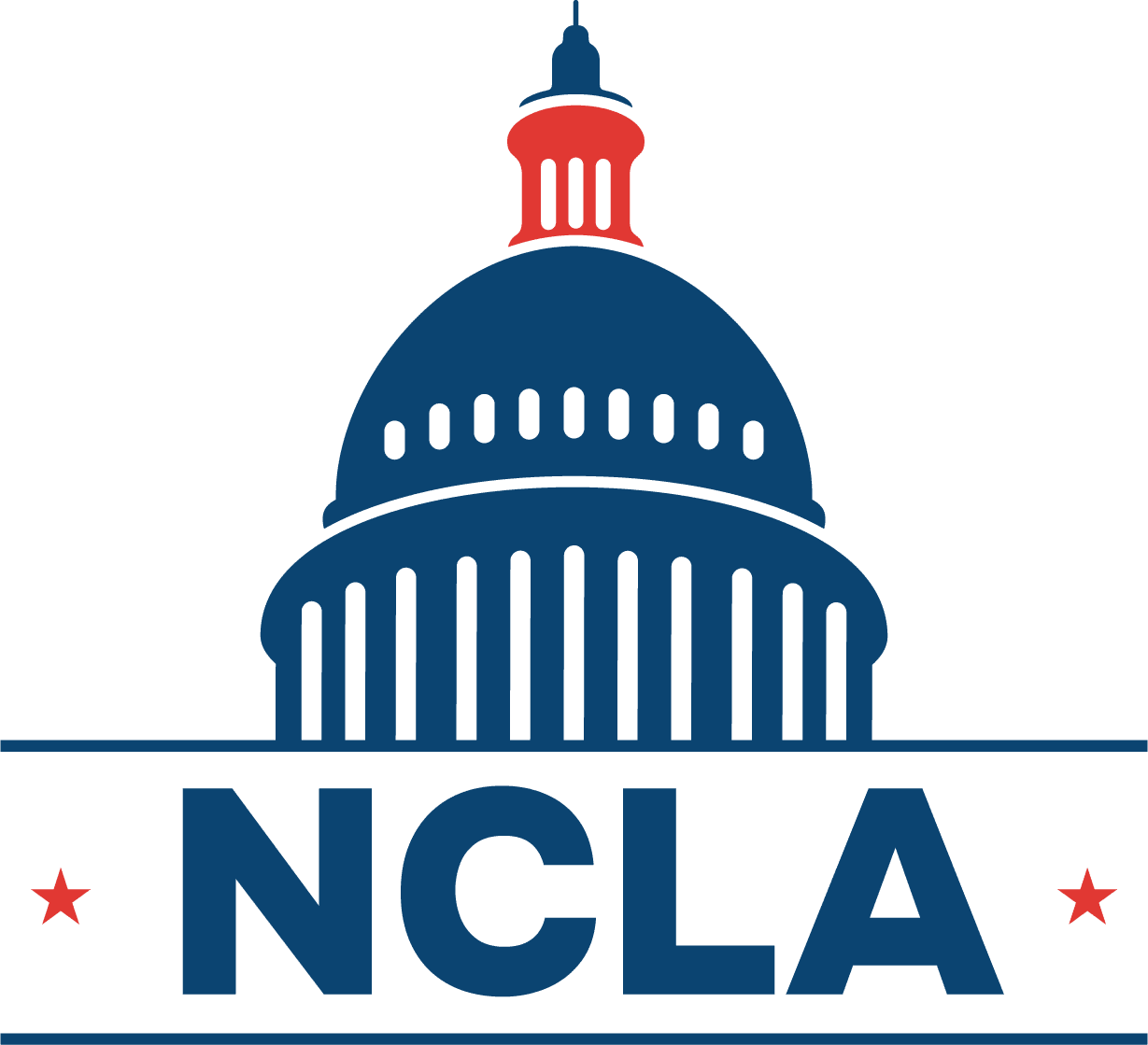Colorado lawmakers have introduced HB 24-1313 that aims to discourage the use of transportation funding for projects that promote sprawl and car dependency with the intent to increase in the development of transit-oriented communities (TOCs)
- A transit oriented community is a development that includes a mix of land uses including housing, office, retail and/or other amenities integrated into a walkable, moderate- to high-density neighborhood within a one- half mile radius of public transportation nodes.
The bill:
- Creates a grant program to support the development of affordable housing near transit stations and corridors, and provide incentives for local governments to adopt land use and zoning policies that encourage transit-oriented development1.
- Requires the Colorado Department of Transportation (CDOT) to consider the impacts of transportation projects on greenhouse gas emissions, air quality, public health, and equity, and to prioritize the funding of projects that reduce vehicle miles traveled and support multimodal transportation options.
Local Transportation Penalties and New Fees
The HUTF Provisions of HB 1313 refer to the Highway Users Tax Fund, which is the main source of funding for state and local transportation projects in Colorado. The bill would change the distribution formula of the HUTF to reflect state’s recent priority of addressing transportation projects on greenhouse gas emissions, air quality, public health, and equity.
- The bill would also create a new HUTF Enterprise, which would collect fees from road users based on their vehicle type, weight, and fuel efficiency, and use the revenue to fund transportation projects that reduce vehicle miles traveled and support multimodal transportation option.
To receive funding under the new provisions of the HUTF, a project must:
- Be consistent with the state’s greenhouse gas pollution reduction roadmap and the state’s transportation plan.
- Demonstrate how it will reduce vehicle miles traveled, support multimodal transportation options, and improve air quality, public health, and equity outcomes.
- Be located within or adjacent to a transit-oriented community, or demonstrate how it will create or enhance a transit-oriented community.
- Include a meaningful community engagement process, especially with groups that have faced barriers to participation in local planning and resource allocation.
- Leverage other sources of funding, such as federal, state, local, or private funds.
The HUTF Provisions of HB 1313 would affect communities in different ways, depending on their transportation needs, preferences, and behaviors. Some communities may benefit from the increased funding for transit, bike, and pedestrian infrastructure, and the improved environmental and health outcomes. Other communities may face higher costs, reduced funding, and limited choices, especially if they rely on single-occupancy vehicles or have limited access to transit options.
The bill is currently under consideration by the House Transportation, Housing & Local Government Committee. The NCLA will consider its position on the measure next week.


Recent Comments